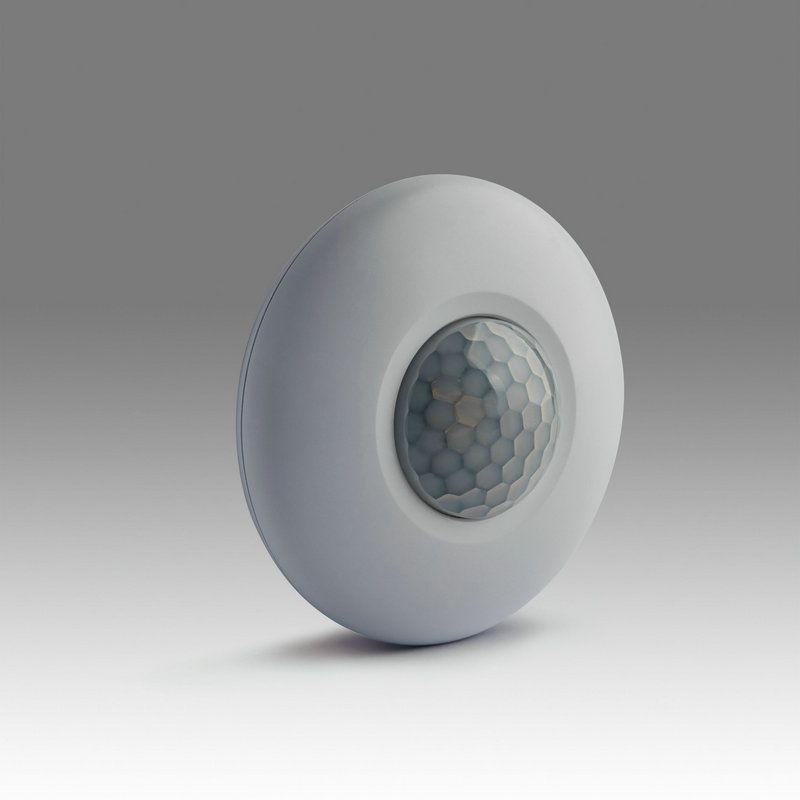In an era defined by the Internet of Things (IoT), our […]
In an era defined by the Internet of Things (IoT), our homes are becoming smarter and more interconnected than ever before. From adjusting the thermostat remotely to controlling the lighting with a voice command, home automation has revolutionized the way we live. But beyond convenience and comfort, integrating alarm systems into your home automation setup can elevate your safety to a whole new level. Here's why a smart home with an integrated alarm system is a recipe for a safer life.
1. Real-Time Awareness: One of the most significant advantages of integrating alarm systems into your home automation is the ability to maintain real-time awareness. Smart security cameras, doorbell cameras, and motion sensors feed live video and data directly to your smartphone or tablet. This means you can monitor your home, inside and out, whether you're at work, on vacation, or simply relaxing in your living room. Any suspicious activity triggers immediate alerts, allowing you to take action swiftly.
2. Intelligent Alerts: Not all motion is a cause for concern. Pets, passing cars, or family members should not trigger alarms. Smart alarm systems, integrated with advanced AI, can differentiate between routine movements and potentially harmful activities. This intelligence minimizes false alarms, ensuring that you're only notified when something genuinely requires your attention, enhancing the effectiveness of your security.
3. Seamless Integration: Today's home automation systems are designed to be seamlessly integrated with alarm systems. This means your security components, such as cameras, motion detectors, and door/window sensors, can be easily controlled and monitored through the same interface you use for your lighting, thermostats, and entertainment systems. This level of integration simplifies your home management, making it more intuitive and user-friendly.
4. Enhanced Access Control: Modern alarm systems allow you to take control of who enters your home, even when you're not there. Smart locks can be remotely locked or unlocked, granting access to family members, friends, or service providers as needed. This eliminates the need for physical keys, reducing the risk of unauthorized access.
5. Automation in Emergency Situations: In the event of an alarm, your home automation system can respond automatically. For instance, if a break-in is detected, the system can trigger all the lights in your home to turn on, both to deter intruders and assist law enforcement in identifying them. Additionally, smart alarm systems can shut down HVAC systems to prevent the spread of smoke during a fire, potentially saving lives and reducing property damage.
6. Professional Monitoring and Response: Many integrated alarm systems offer professional monitoring services. In the event of an alarm, trained personnel can assess the situation, contact the appropriate authorities, and dispatch help if necessary. This provides an extra layer of protection when you're unable to respond immediately, such as when you're asleep or away from home.
7. Energy Efficiency and Savings: Integrated systems can help you save energy and reduce utility bills. For instance, your home automation can work in tandem with your alarm system to adjust lighting, heating, and cooling based on whether your home is occupied or not. This not only enhances your comfort but also reduces energy waste and lowers costs.
Conclusion: Incorporating alarm systems into your home automation setup isn't just a technological trend; it's a smart and proactive approach to enhancing the safety and security of your home and loved ones. With real-time awareness, intelligent alerts, seamless integration, and automation capabilities, you'll not only enjoy the convenience of a smart home but also the peace of mind that comes with knowing your home is well-protected, making your life safer and more secure.